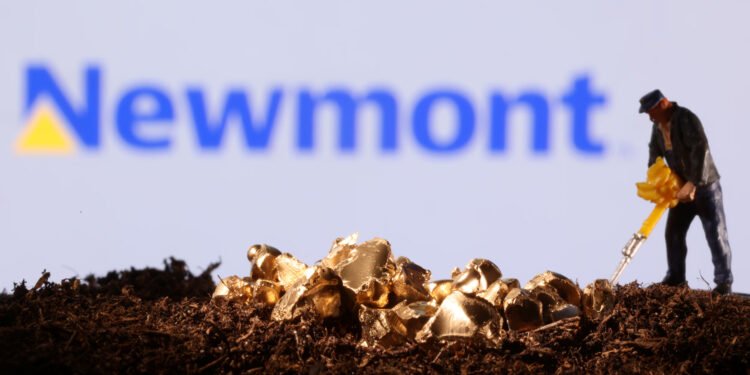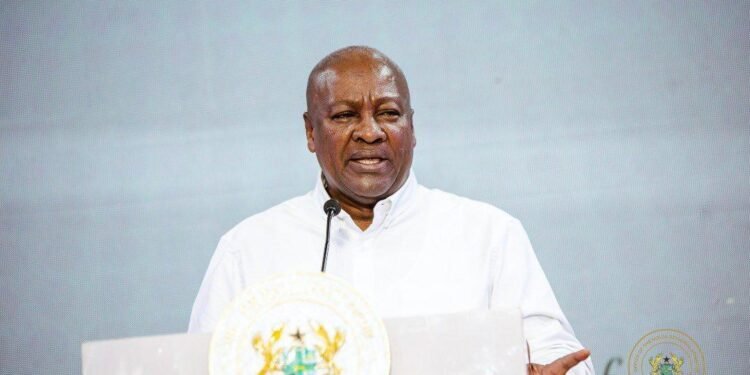Government is expected to raise an amount of Gh¢1.49 billion this week to refinance the upcoming Treasury bills maturities of Gh¢1.37 billion.
This follows a narrow miss of its target last week. The government raised ¢1.81 billion last week against a target of ¢1.87 billion, about 96.81% of the auction target (sales to the highest bidder).
The uptake, however, exceeded the refinancing obligation, that is government’s decision to to revise interest rate, payment schedule and terms of previous credit agreement.
The T-bill curve continued to flatten as the yield (the effective interest rate that the government pays on one of its debt obligation expressed as a percentage), on the 182-day was 35.98%, while interest on the 364-day stood at 35.89%. The 91-day bill, however, cleared at 35.36%.
Analysts expect T-bill yields to decline as an expected International Monetary Fund (IMF) support-program in the first quarter of 2023 coupled with a stable outlook of the cedi may limit currency pass-through to inflation.
Corporate issuances are also expected to gain more traction on the market due to a probable low-interest rate regime.
Government is yet to issue its calendar for borrowing in the first quarter of 2023, but experts are estimating a refinancing trade of about¢23.06b billion across treasury bills.
The 91-day bill is expected to account for 76 percent of the upcoming maturities. Whilst the 91-day and 182-day T-bills will be issued weekly, the 364-day will be floated bi-weekly. The 2-year to 7-year bonds will be subject to prevailing market conditions.
Again, the issuance of Inflation-Linked Bonds, which are securities designed to help protect investors from inflation, will be subject to market conditions.
Government Pays 18.5% Interest On 2-Year Note Despite Debt Exchange Programme
Despite announcing a debt restructuring program which will affect payment of interest on bonds in the year 2023, government has made a coupon payment on the recent matured treasury notes.

Mr. Ken Ofori Atta, the Minister of Finance disclosed that, coupon payment, the annual interest rate paid on a bond, as expressed as a percentage of the face value and paid from issue date until maturity on the government instrument was 18.5%.
Government is also expected to honor other interest payments on other debt instruments that are expected to mature before or on January 16, 2023, he added.
In the Amended Debt Exchange Memorandum, government stated that, eligible holders whose validly submitted Offers are accepted by the Republic will receive on the Settlement Date principal amounts of New Bonds (rounded down to the nearest 1.00).
According to government, the amount of the new bonds will be calculated with the following consideration ratios (the “Exchange Consideration Ratios”) per applicable principal amount of Eligible Bonds tendered plus Accrued Interest Payable and, solely in respect of Eligible 2023 Bonds, such Eligible Holders will also receive the Eligible 2023 Bonds Tender Fee (rounded down to the nearest GHS cent).
Ken Ofori-Atta also stated that, the ‘Invitation to Exchange’ to individual bondholders under the Debt Exchange does not embed any principal haircut on eligible bonds.
According to him, it rather involves an exchange for new Government of Ghana bonds with a coupon that steps up to rates ranging from 9.15% to 10.65% (depending on the specific series of new bonds) as soon as 2025 and longer average maturity.
In an Amended and Restated Debt Exchange Program Memorandum to individual bondholders, Mr. Ofori-Atta said this domestic debt exchange is part of a more comprehensive agenda to restore debt and financial sustainability.
Read Also : Foreign Affairs Ministry Cautions General Public To Take Necessary Precautions On Trips To China























